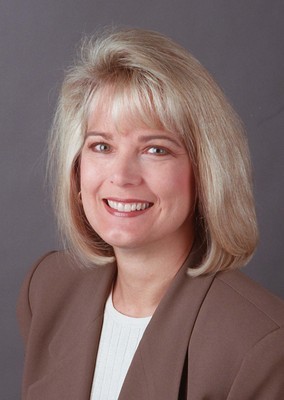Tax hike backers targeted

CARSON CITY — The head of Nevada’s Republican Party says four new Democratic legislators are being targeted in a “guerrilla” effort to head off any higher taxes by chipping away at the Democrats’ veto-proof 28-14 majority in the Assembly.
State GOP chairwoman Sue Lowden says the 28 votes needed to pass any tax increase plan in the Assembly and to override a veto by Republican Gov. Jim Gibbons would be lost if only one of the newcomers agrees to oppose any tax-increase plans.
Lowden said starting this week GOP activists will contact voters in targeted Assembly districts held by Democrats, using automated phone calls, postcards, e-mails or personal visits.
Also planned are anti-tax rallies in front of homes and businesses of some Democratic legislators seen as vulnerable.
The targeted Democrats include Assembly members Paul Aizley and Marilyn Dondero Loop, both of Las Vegas; and April Mastroluca and Ellen Spiegel, both of Henderson.
Lowden also said all Republican lawmakers in the Assembly and state Senate have been sent letters telling them the state GOP’s position “is opposition to any and all tax increases.”
Lowden didn’t say how the party might try to erase voter support for Republicans who may back tax increases this session, but said any Democrats who do so will “pay a severe penalty in their districts in the next election.”
Besides the Democrats’ 28-14 majority in the Assembly, they control the state Senate by a 12-9 margin. In the Senate, two Republicans would have to support any tax increase plan to have the minimum two-thirds margin needed to win approval and override a veto.
Democrats in charge of the state Senate and Assembly have not mentioned any specifics for new or higher taxes. However, Democrats say they’ll review the many business tax breaks that have built up over the years in Nevada, and look for ways to nab tax cheats who haven’t been paying money owed to the state.
Democrats intend to produce an alternative to Gibbons’ bare-bones $6.2 billion spending plan by March 30, following hearings to gather public comment, and outline a revenue plan to cover their proposed spending by mid-April.
Gibbons’ spending plan for the coming two fiscal years is about 9 percent lower than the current budget, and more than $2 billion short of what’s needed to maintain current services while dealing with inflation and increased demand.
Pressure for revenue sources could ease dramatically, depending on how much economic stimulus money Nevada gets from Congress. But legislators have been warned not to bank too heavily on a bailout that could be complicated by federal rules imposing conditions for receipt of the money.












